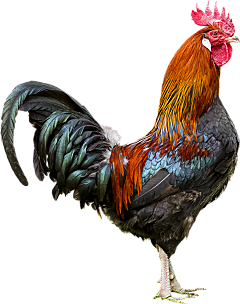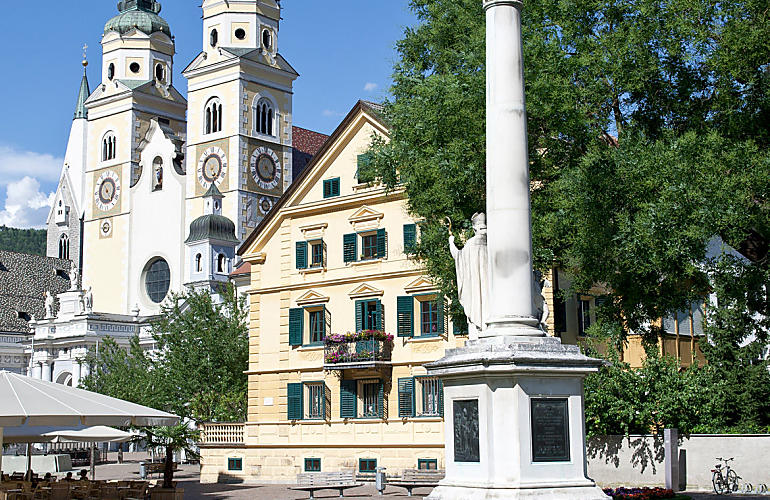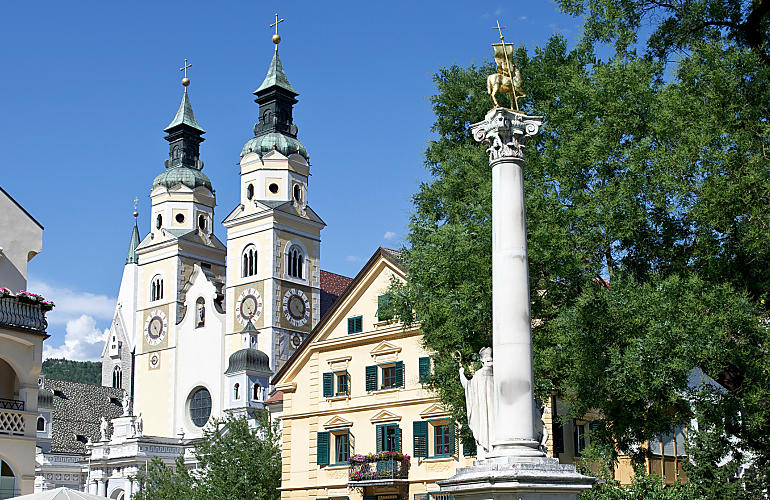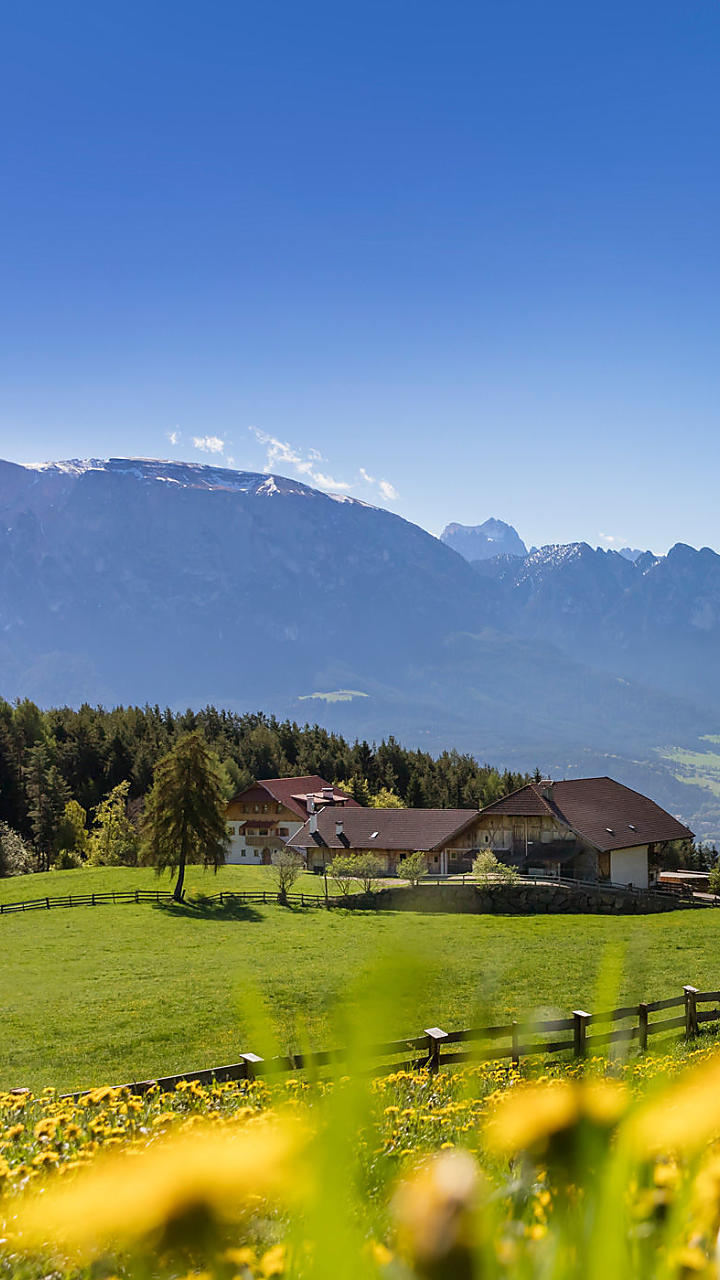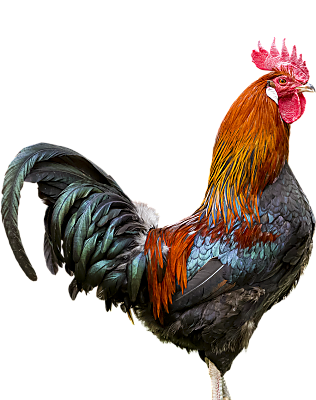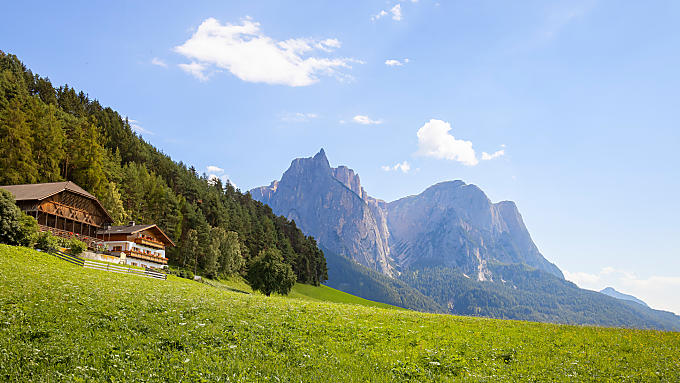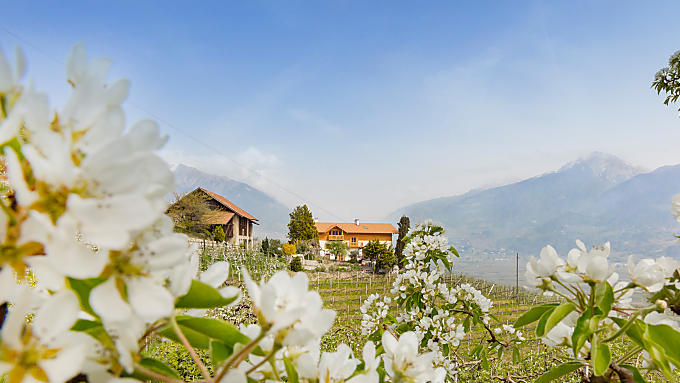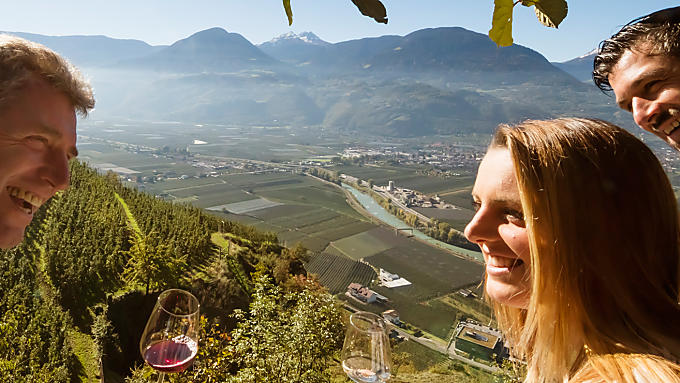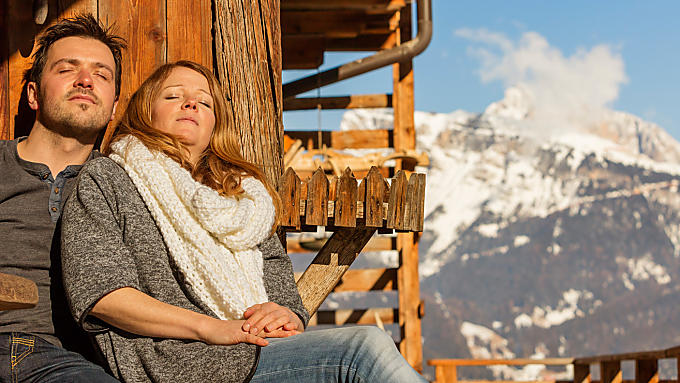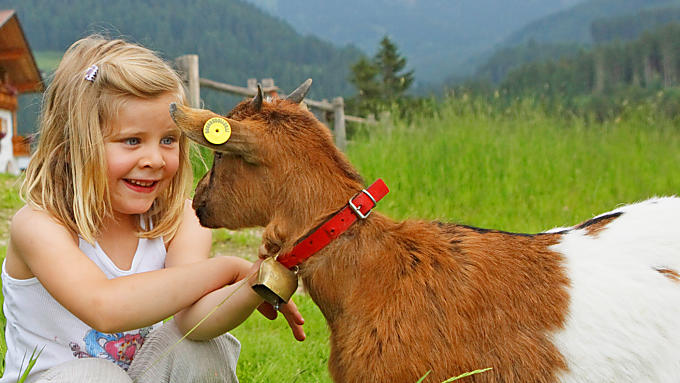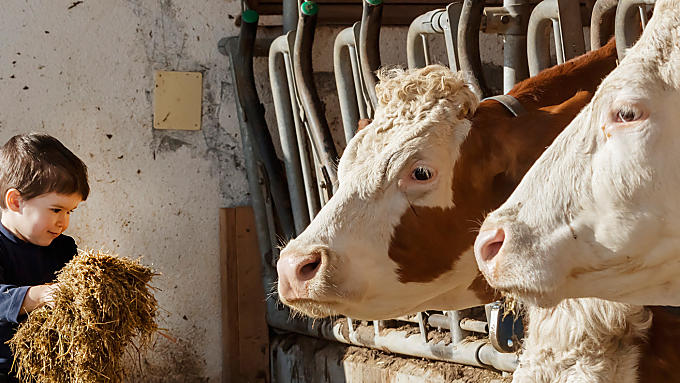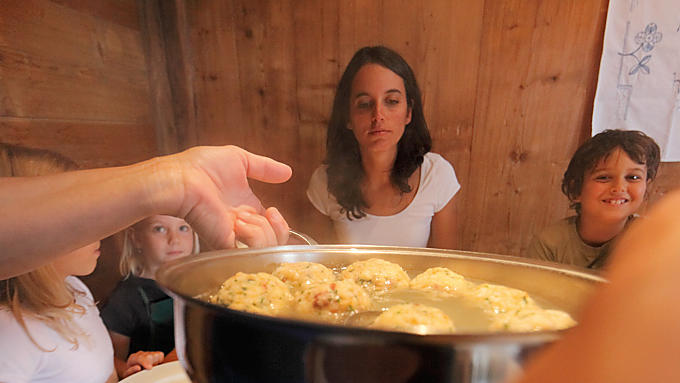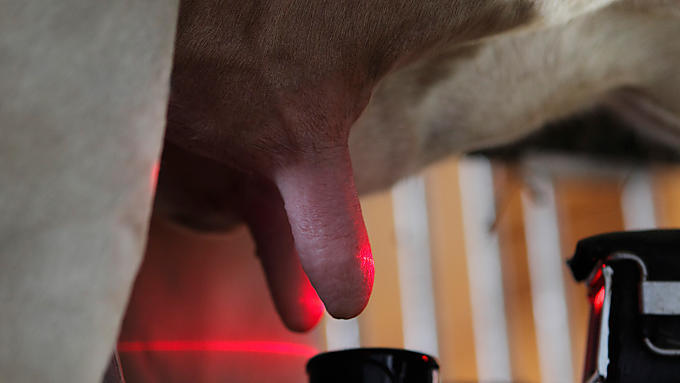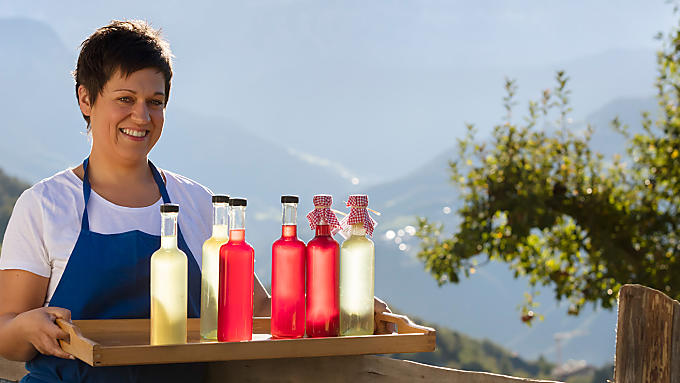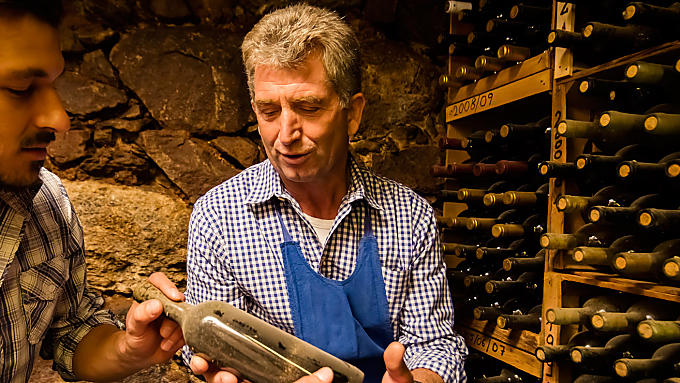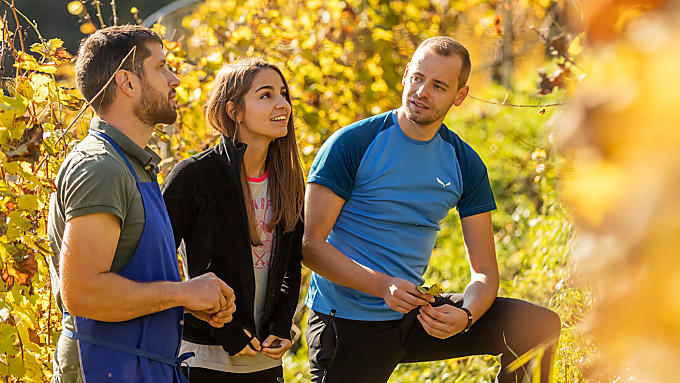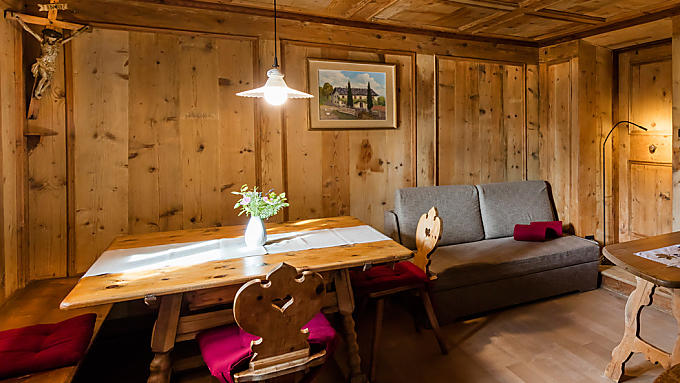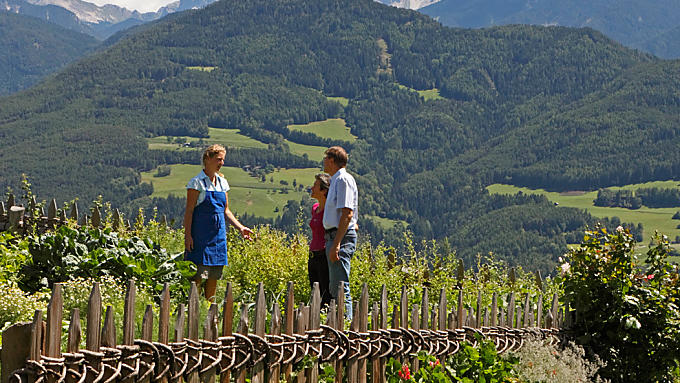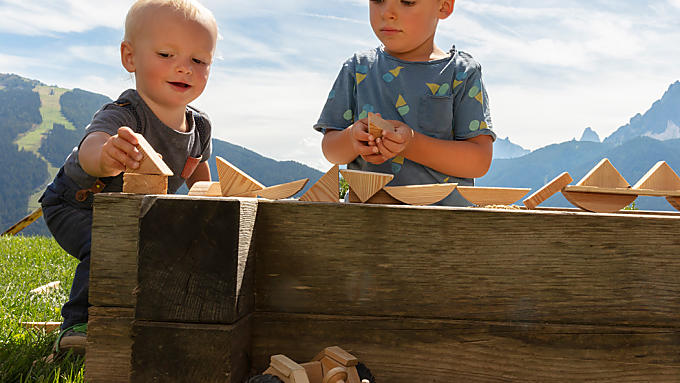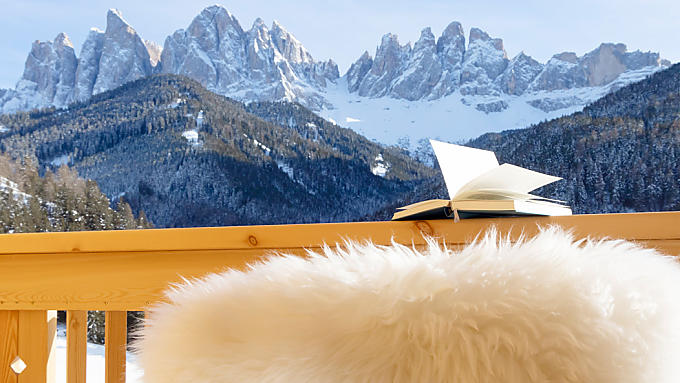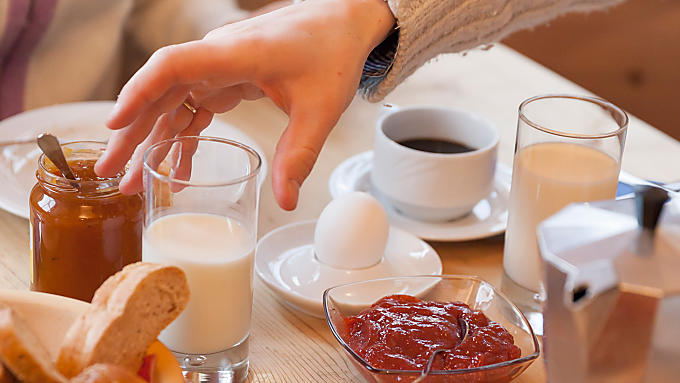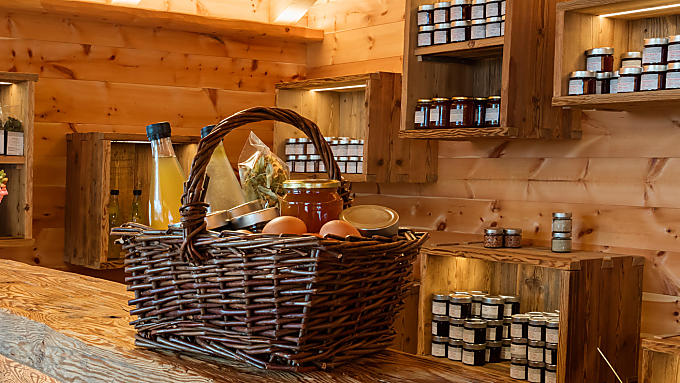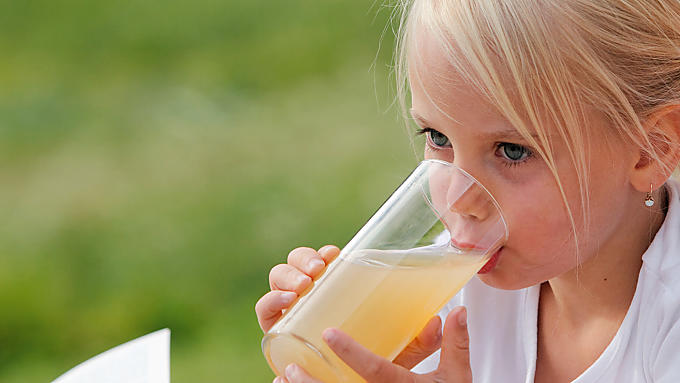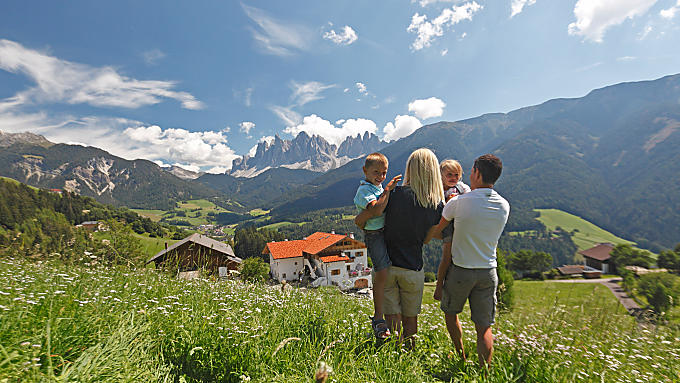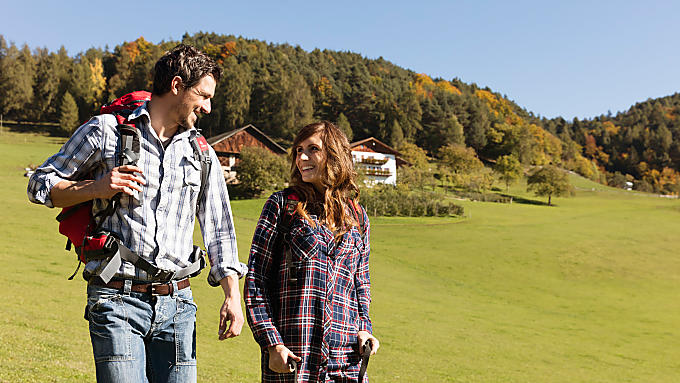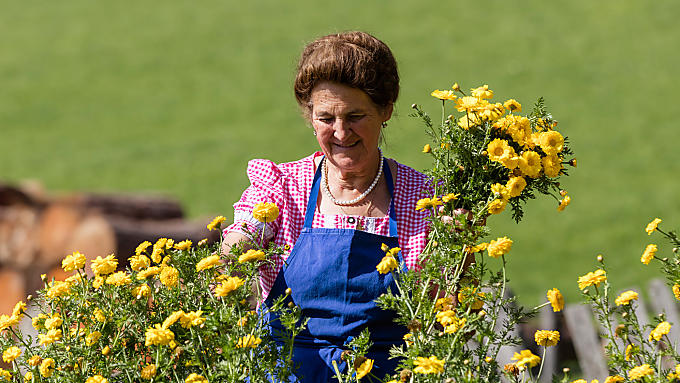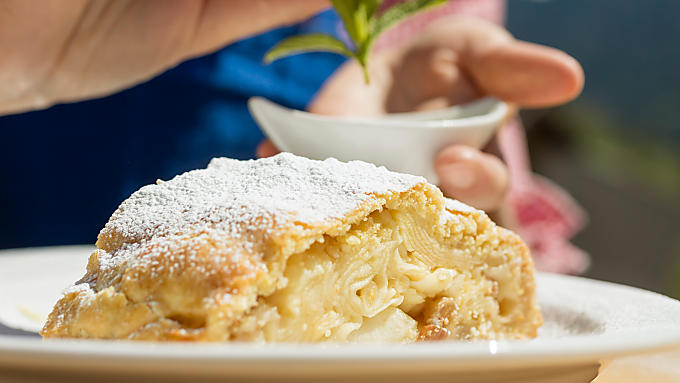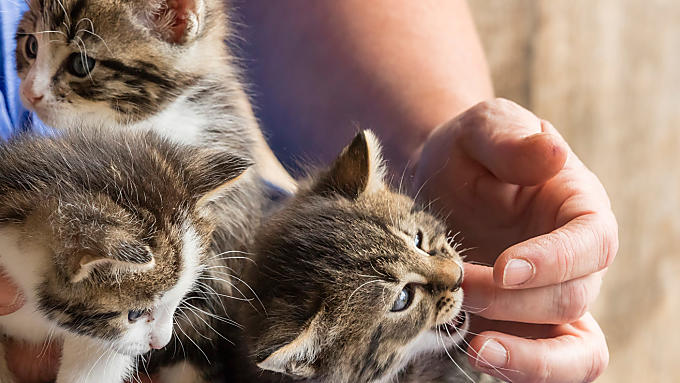Holiday location
Farm Holidays in Brixen
A Farm Holiday in the cathedral town. Brixen is the oldest town in Tyrol, with a history going back over 1,000 years.
Brixen is the main town in the Eisacktal valley, with around 21,500 inhabitants, and the third-largest town in South Tyrol. It is around 45 kilometres south of the Brenner Pass in a wide valley basin where the Eisack and Rienz rivers come together. The cathedral's twin towers, along with the white tower of the parish church of St. Michael, are the town's landmarks.
A Farm Holiday in the cathedral town. Brixen is the oldest town in Tyrol, with a history going back over 1,000 years.
Brixen is the main town in the Eisacktal valley, with around 21,500 inhabitants, and the third-largest town in South Tyrol. It is around 45 kilometres south of the Brenner Pass in a wide valley basin where the Eisack and Rienz rivers come together. The cathedral's twin towers, along with the white tower of the parish church of St. Michael, are the town's landmarks.
The Brixen valley basin is dominated by the Plose and Königanger mountains. The vineyards and chestnut groves that abound around the villages on the sunny slopes of the area are typical for Brixen.
A town with a past
The first mention of Brihsna in records was in a deed of donation from 901. Yet excavations show that there were already settlements in the Brixen valley basin in pre-historic times.
The town centre owes its current appearence to the Middle Ages. This is especially true of the Stufels district, where nearly all of the buildings are listed ones.
The Brixen old town, with its narrow alleyways, town hall and small and large 'Lauben' arcades, also enjoys protected status.
Centre of spirituality
Anyone on holiday in Brixen will instantly feel its close connection with the church history of Tyrol. A council met in Brixen in 1080 and Clemens III was elected Pope. Brixen was the seat of prince-bishops for centuries, too. This is displayed in Brixen cathedral with its imposing square, cloisters, Church of our Lady, as well as St. John's Chapel. The Brixen 'Hofburg', seat of the prince-bishops until 1803 and built in the 13th century, is situated near the cathedral. Nowadays, it houses the Diocese museum, amongst other things.
Cultural enjoyment is the focus of a holiday in a holiday flat or room in Brixen. Along with lots of attractions of art-historical importance, Brixen has a series of museums, such as the 'Pharmaziemuseum' focussing on pharmacy, the tower 'Turmmuseum' or the 'Krippenmuseum' featuring nativity scenes.
Brixen also enjoys a long tradition of church history. A priests' seminary was founded here in 1607, which is the seat of the Philosophical-Theological college today. The University of Padua has an external branch in Brixen, while the Free University of Bozen-Bolzano has a site there, too.
Worldly pleasures
Spending a day of your holiday in Brixen means drinking your morning cappuccino on the cathedral square or beneath the 'Lauben' arcades, going on an afternoon shopping spree beneath the 'Lauben' and rounding off the day with a glass of fine white wine from the Eisack valley.
Yet, Brixen has a lot more to offer than just medieval buildings, venerable sacred structures and temples of knowledge: charming rural areas for relaxing and unwinding are also part of Brixen, just as you'd imagine a Farm Holiday to be.
The many rural inns and bars around Brixen features a wide variety of local specialities on their menus: Eisacktal wine soup, plantain dumplings and 'Erdäpflblattln' pancakes are worth a try. A variety of types of local bread and strudel may be tried at the traditional South Tyrolean bread and strudel market taking place in autumn.
Further opportunities to try the whole gamut of local culinary fare present themselves at the Brixen 'Altstadtfest' taking place every two years, and on Thursdays in July and August at 'Brixner Sommeremotionen' event.
The Brixen valley basin is dominated by the Plose and Königanger mountains. The vineyards and chestnut groves that abound around the villages on the sunny slopes of the area are typical for Brixen.
A town with a past
The first mention of Brihsna in records was in a deed of donation from 901. Yet excavations show that there were already settlements in the Brixen valley basin in pre-historic times.
The town centre owes its current appearence to the Middle Ages. This is especially true of the Stufels district, where nearly all of the buildings are listed ones.
The Brixen old town, with its narrow alleyways, town hall and small and large 'Lauben' arcades, also enjoys protected status.
Centre of spirituality
Anyone on holiday in Brixen will instantly feel its close connection with the church history of Tyrol. A council met in Brixen in 1080 and Clemens III was elected Pope. Brixen was the seat of prince-bishops for centuries, too. This is displayed in Brixen cathedral with its imposing square, cloisters, Church of our Lady, as well as St. John's Chapel. The Brixen 'Hofburg', seat of the prince-bishops until 1803 and built in the 13th century, is situated near the cathedral. Nowadays, it houses the Diocese museum, amongst other things.
Cultural enjoyment is the focus of a holiday in a holiday flat or room in Brixen. Along with lots of attractions of art-historical importance, Brixen has a series of museums, such as the 'Pharmaziemuseum' focussing on pharmacy, the tower 'Turmmuseum' or the 'Krippenmuseum' featuring nativity scenes.
Brixen also enjoys a long tradition of church history. A priests' seminary was founded here in 1607, which is the seat of the Philosophical-Theological college today. The University of Padua has an external branch in Brixen, while the Free University of Bozen-Bolzano has a site there, too.
Worldly pleasures
Spending a day of your holiday in Brixen means drinking your morning cappuccino on the cathedral square or beneath the 'Lauben' arcades, going on an afternoon shopping spree beneath the 'Lauben' and rounding off the day with a glass of fine white wine from the Eisack valley.
Yet, Brixen has a lot more to offer than just medieval buildings, venerable sacred structures and temples of knowledge: charming rural areas for relaxing and unwinding are also part of Brixen, just as you'd imagine a Farm Holiday to be.
The many rural inns and bars around Brixen features a wide variety of local specialities on their menus: Eisacktal wine soup, plantain dumplings and 'Erdäpflblattln' pancakes are worth a try. A variety of types of local bread and strudel may be tried at the traditional South Tyrolean bread and strudel market taking place in autumn.
Further opportunities to try the whole gamut of local culinary fare present themselves at the Brixen 'Altstadtfest' taking place every two years, and on Thursdays in July and August at 'Brixner Sommeremotionen' event.
Farm search
Holiday farms in Brixen
3 reasons
A holiday in Brixen
Around the cathedral town
Staying at a holiday flat or room in Brixen will lure you into doing more than just strolling around and enjoying the food.
Lots of easy and more challenging walks are just a cable car ride away: mountain pastures, high paths or family walks may be found on Brixen's nearest mountain, the Plose, in summer, along with mountain biking or slightly more original free time activities like mountain carting or geocoaching.
Staying at a holiday flat or room in Brixen will lure you into doing more than just strolling around and enjoying the food.
Lots of easy and more challenging walks are just a cable car ride away: mountain pastures, high paths or family walks may be found on Brixen's nearest mountain, the Plose, in summer, along with mountain biking or slightly more original free time activities like mountain carting or geocoaching.
In winter, the Plose has the largest snowpark in South Tyrol and a network of well-prepared ski pistes. Sledging, snow shoe walking or cross-country skiing and also possible, as the Plose is a real allrounder.
Water rats will be in their element at Aquarena leisure pool as well as in the natural bathing lake at nearby Vahrn. The fitter ones can spend a day going up to Radlsee lake, one of the finest natural lakes in the Eisack valley, at 2,250 metres above sea level.
The hiking areas of the Sarntal Alps or Lüsen in a Dolomites valley are easy to reach from Brixen.
Themed walks such as the Chestnut Trail, the 'Schalensteinweg' path in the district of Pairdorf or the Karlspromende in Milland are good for leisurely walks. A trip to Franzensfeste fortress is best combined with a gentle ride on the Eisacktal cycle path.
The choice of farms offering Farm Holidays in Brixen and its districts is great: on the slopes of the Plose there are farms in Afers, Plabach, Rutzenberg, Sarns, St. Andrä, St. Leonhard, Albeins, Elvas, Karnol, Klerant, Kranebitt, Milland, Mairdorf, Mellaun and, on the other side of the valley, Pairdorf, Pinzagen, Tötschling, Tschötsch, Gereuth and Untereben.

